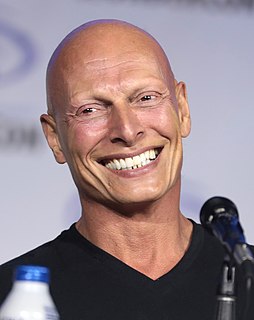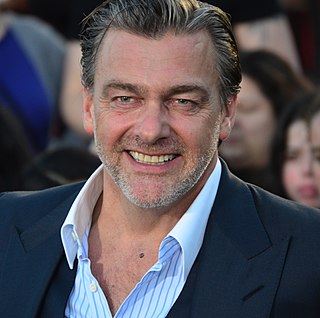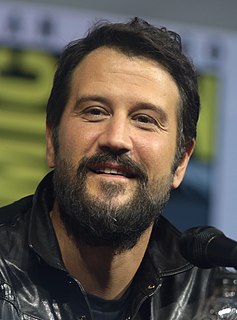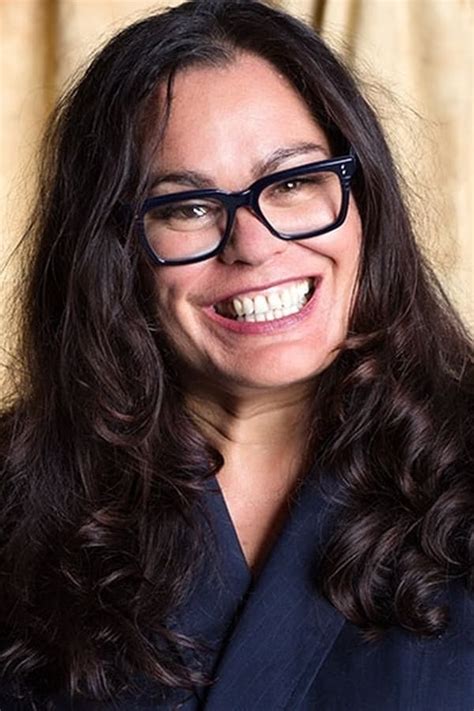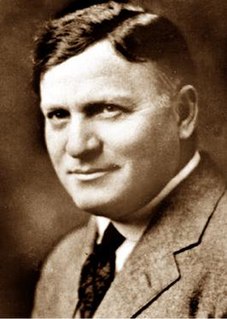A Quote by J. Michael Straczynski
I was very clear that I wanted to keep 'Thor' out of the rest of the Marvel universe for no less than the first six issues. And the success of the book, I think, speaks well to that decision.
Related Quotes
I still love Marvel to death and I had a great experience, and it was a really tough decision to leave Marvel. It was a very easy decision to come to DC; it was very difficult to leave Marvel. And I really wanted to draw Batman, and really, that was entirely the discussion when it came to coming to DC.
In this model, the sun is a very tiny speck of dust indeed-a speck less than a three-thousandth of an inch in diameter ... Think of the sun as something less than a speck of dust in a vast city, of the earth as less than a millionth part of such a speck of dust, and we have perhaps as vivid a picture as the mind can really grasp of the relation of our home in space to the rest of the universe.
In my case, I made the decision early on that I was going to be very open about the book and claim upfront that each of the stories was based on my life experience. I think my reasoning goes back to what I was saying earlier, about wanting the book to be "more than a book," that I wanted the reader to feel a little unsettled about what they were reading: there's a core of factual truth here.
I think if there hadn't been the one passage of the book that mostly abandons the humor, and focuses very intently on one person's struggle with cancer, it wouldn't have been a critical success. So that was a very deliberate decision, to say "Well, if you think it's all fun and games, it's not." So that was my approach: We're going to have as much fun as I can possibly provide, but the serious things that might normally pass by you are not going to be lost.
Well, we think that time "passes," flows past us, but what if it is we who move forward, from past to future, always discovering the new? It would be a little like reading a book, you see. The book is all there, all at once, between its covers. But if you want to read the story and understand it, you must begin with the first page, and go forward, always in order. So the universe would be a very great book, and we would be very small readers.


